Lebanese army urges UN to pressure Israel into stopping Israel’s repeated airspace violations
The Lebanese army has called on the United Nations to act urgently to end the Israeli regime’s repeated violations of the Arab country’s sovereignty and airspace to carry out airstrikes in neighboring Syria.
During a meeting between Head of the United Nations Interim Force in Lebanon (UNIFIL) Major General Stefano Del Col and a Lebanese army delegation headed by Brigadier General Haseeb Abdo at the UN headquarters in Ras Naqoura in southern Lebanon on Friday, the Lebanese side asked the world body to pressure Israel to stop its hostile practices, especially the use of Lebanon’s airspace to bomb Syrian lands and its continued violations of Lebanese sovereignty by land, sea and air.
The Lebanese army delegation warned of dangerous consequences if Israeli warplanes continue to penetrate into the country’s airspace.
It also reaffirmed Beirut’s commitment to international resolutions, especially Security Council Resolution 1701 which ended the 33-day-long Israeli military onslaught on the country in the summer of 2006.
The Lebanese army then stressed the need for Israel to withdraw from all occupied Lebanese territories, including the area adjacent to the northern part of the Blue Line, Shebaa Farms as well as Kfarchouba and Ghajar villages.
Israel violates Lebanon's airspace and territorial waters on an almost daily basis, claiming the flights and incursions serve surveillance purposes.
Lebanon’s government, Hezbollah and the UNIFIL have repeatedly condemned Israel’s overflights, saying they are in clear violation of UN Security Council Resolution 1701 and the country’s sovereignty.
Back on September 30 last year, fighters from Hezbollah intercepted and shot down an Israeli unmanned aerial vehicle while it was hovering over the southern part of Lebanon.
Hezbollah said in a brief statement carried by Lebanon’s Arabic-language al-Manar television network that it downed an Israeli drone that had entered the Lebanese skies with “appropriate weapons."
The statement added the Israeli aircraft was brought down as it was flying over Maryamin valley on the outskirts of the southern town of Yater.
‘Lebanon-Israel talks over disputed maritime border won’t lead to normalization’
Vice President of the Executive Council of the Lebanese resistance movement Hezbollah Sheikh Ali Damoush stressed that US-mediated talks between Lebanon and Israel regarding a dispute over their Mediterranean Sea border will not result in normalization and establishment of formal ties with the Tel Aviv regime.
Addressing worshipers during a sermon of Friday prayers, Sheikh Damoush underscored that the Lebanese representatives must never accept US initiatives that would not conform to Lebanon’s rights.
“The US delegation is trying to blackmail Lebanon and exploit its economic crisis in order to wring concessions out of Lebanese officials attending the maritime border talks,” he pointed out.
Lebanese politicians hope that commercially viable hydrocarbon resources off Lebanon’s coast could help lift the debt-ridden country out of its worst economic crisis in decades.
In February 2018, Lebanon signed its first contract for drilling in two blocks in the Mediterranean with a consortium comprising energy giants Total, Eni and Novatek.
Lebanon and Israel took part in indirect talks to discuss demarcation in 2020. But they stalled after Lebanon demanded a larger area, including part of the Karish gas field, where Israel has given exploration rights to a Greek firm.
The talks were supposed to discuss a Lebanese demand for 860sq km (330 square miles) of territory in the disputed maritime area, according to a map sent to the United Nations in 2011.
However, Lebanon then said the map was based on erroneous calculations and demanded 1,430sq km (552 square miles) more further south, including part of Karish.
Iran’s PMI slips 0.8 points to 49.8 in November: ICCIMA
Two US soldiers, interpreter killed in surprise attack in Syria: CENTCOM
VIDEO | Epstein in Africa
VIDEO | Birth anniversary of Hazrat Fatima celebrated in Kashmir
VIDEO | Foreign interference would worsen situation in Thailand-Cambodia conflict: Analyst
VIDEO | Press TV's news headlines
BRICS offers ‘new model’ for deeper politico-economic ties: Pezeshkian
VIDEO | Sudan: What’s behind the war


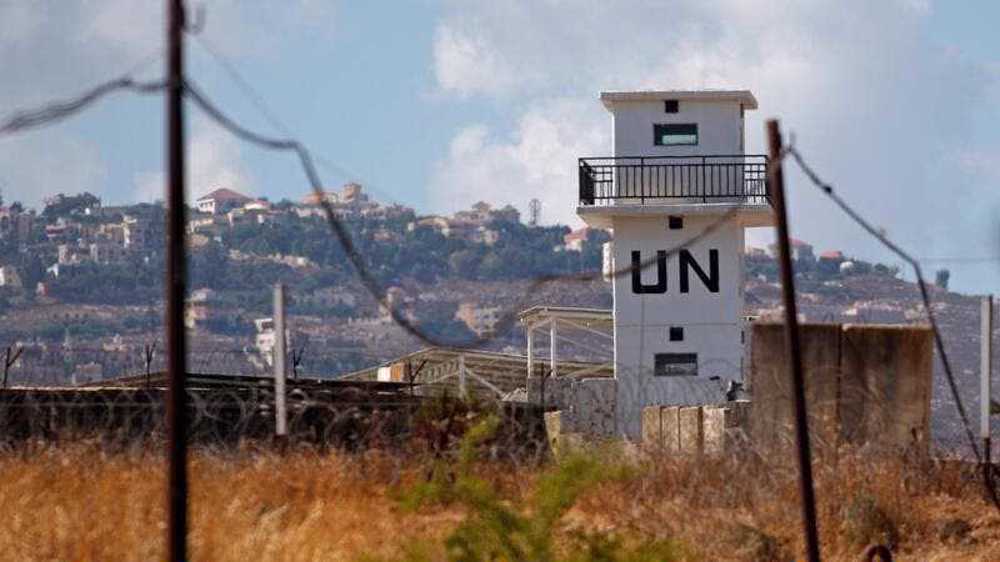
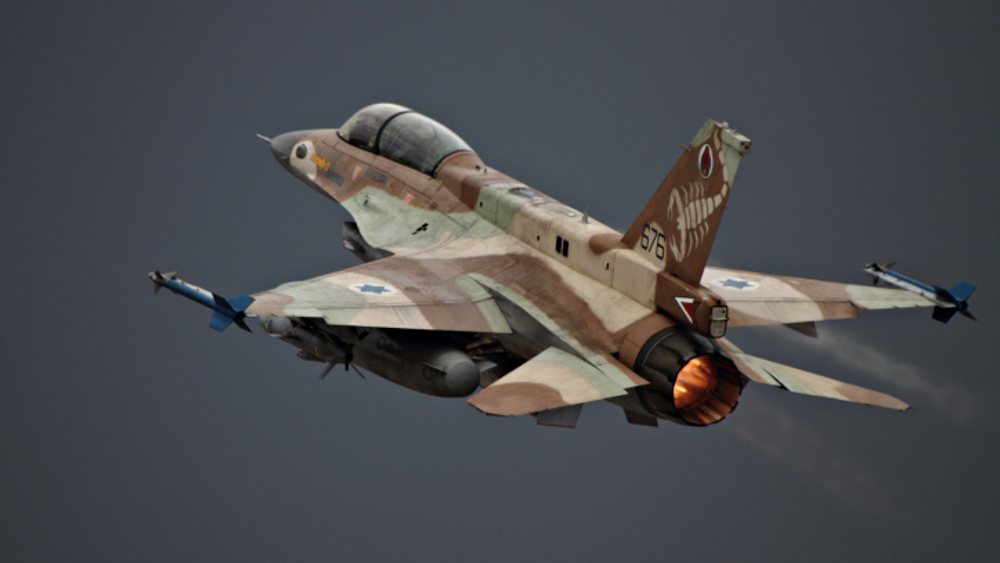
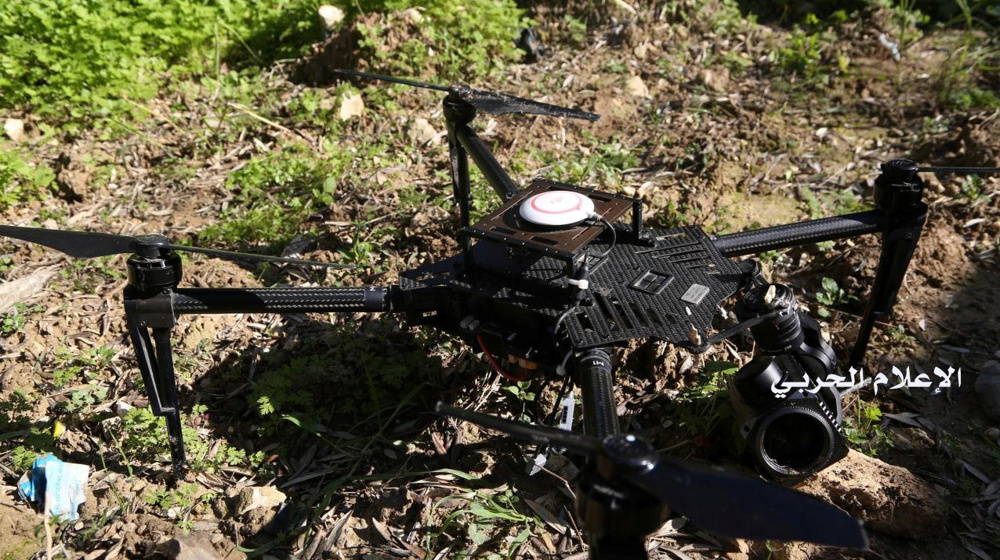
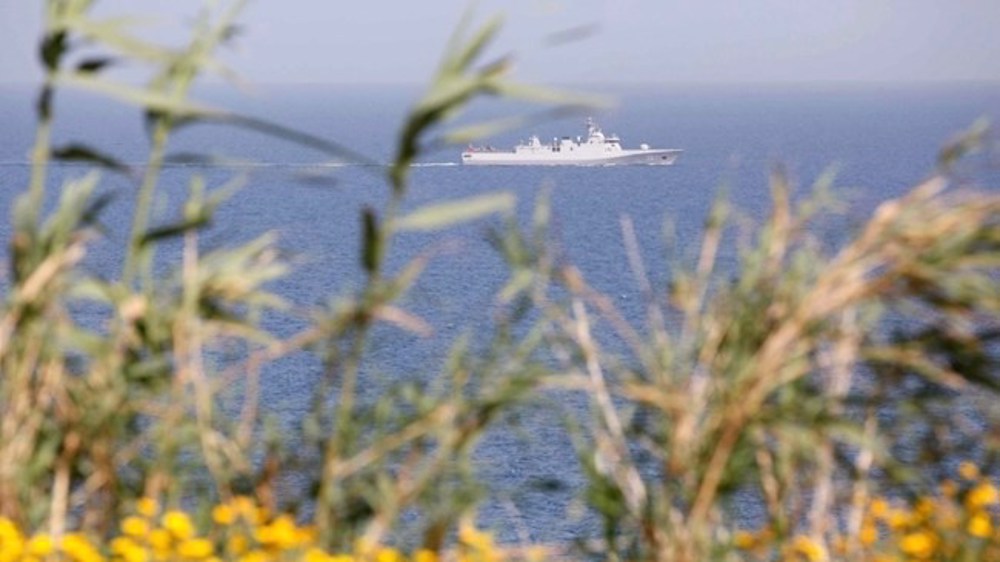
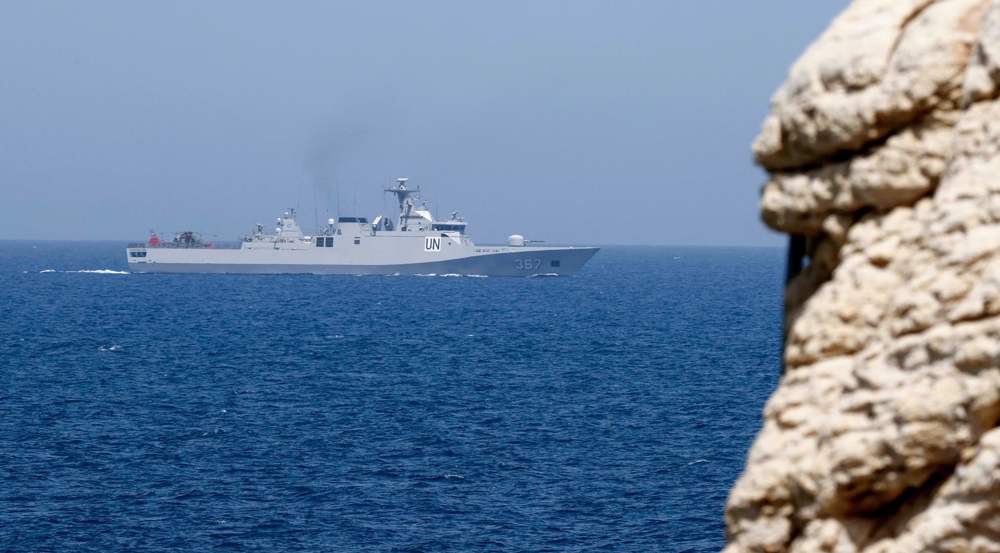
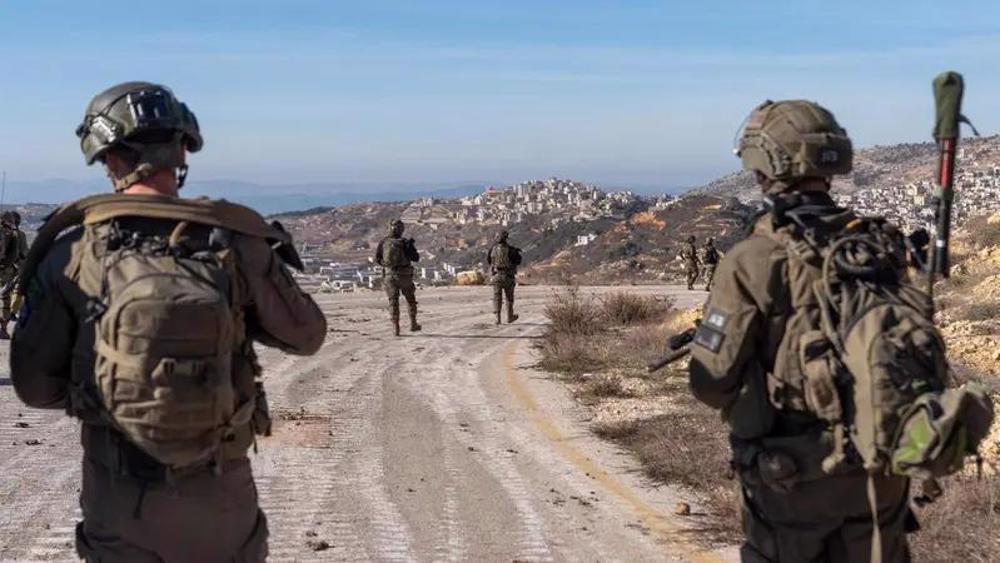
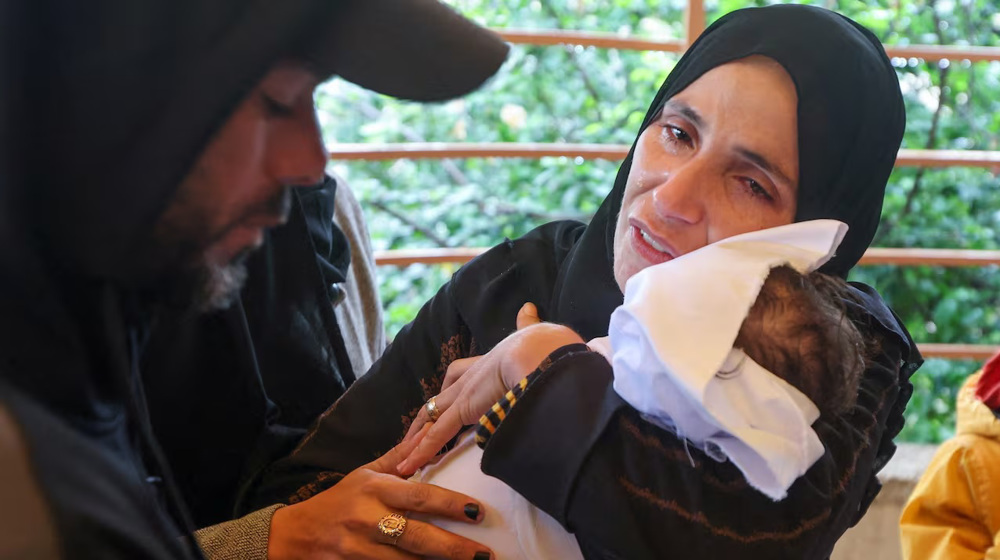




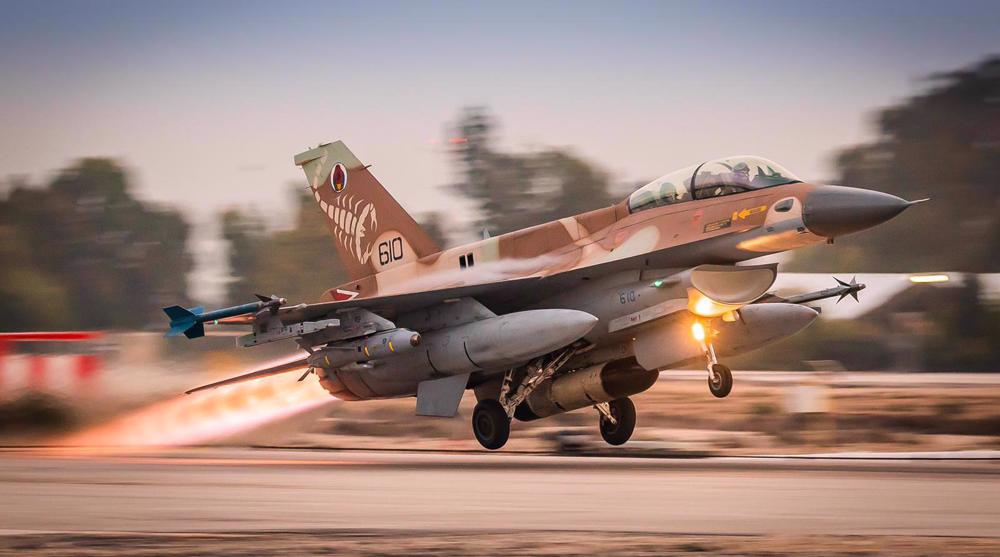
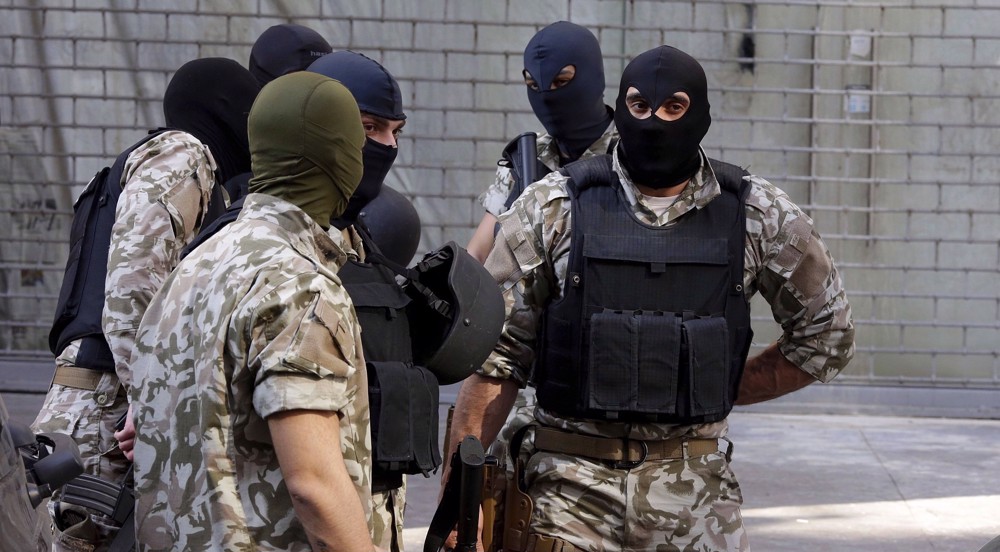
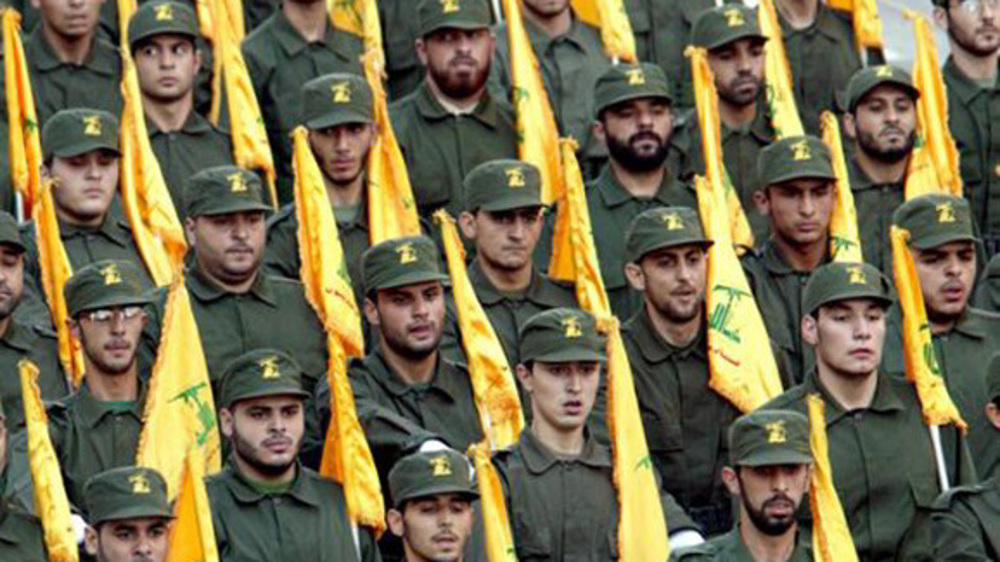
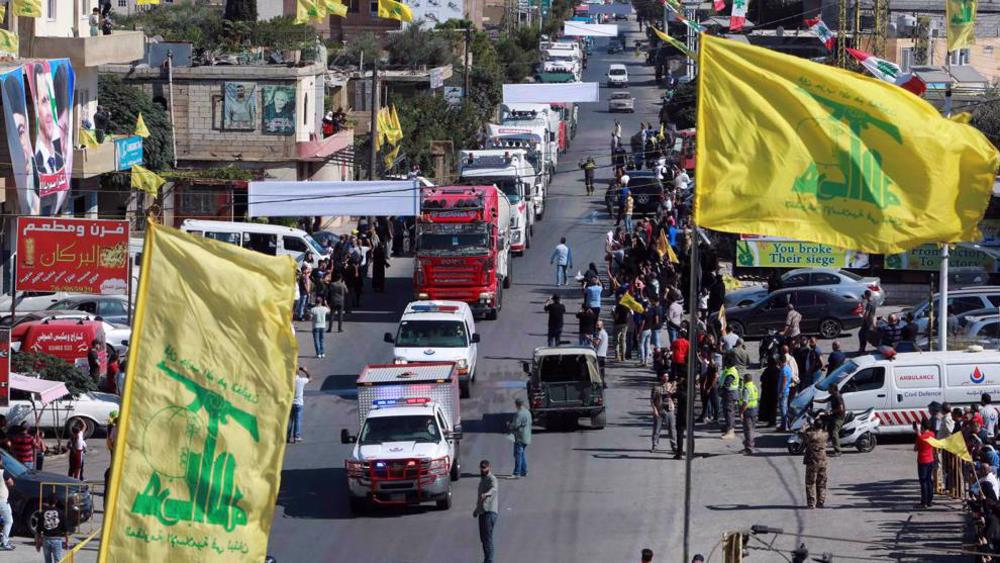
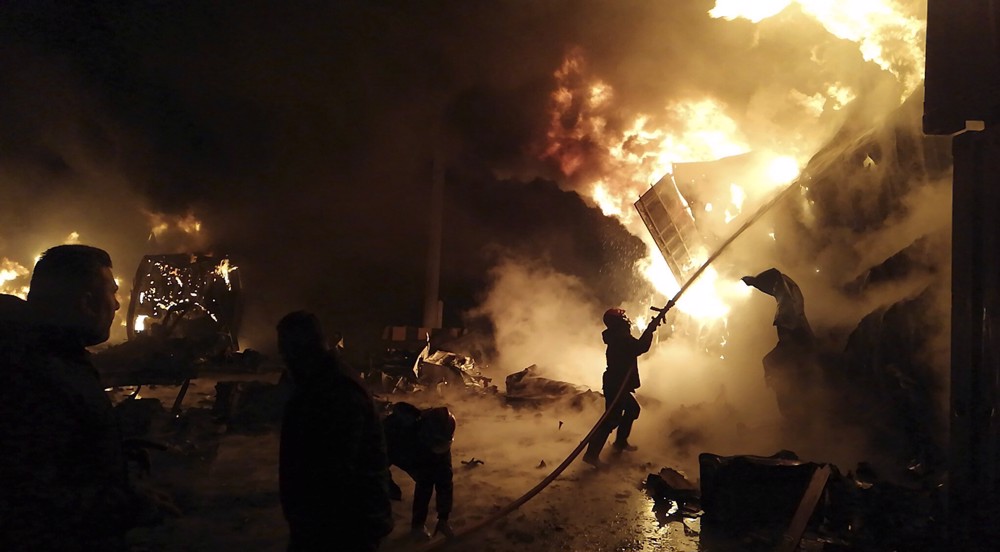
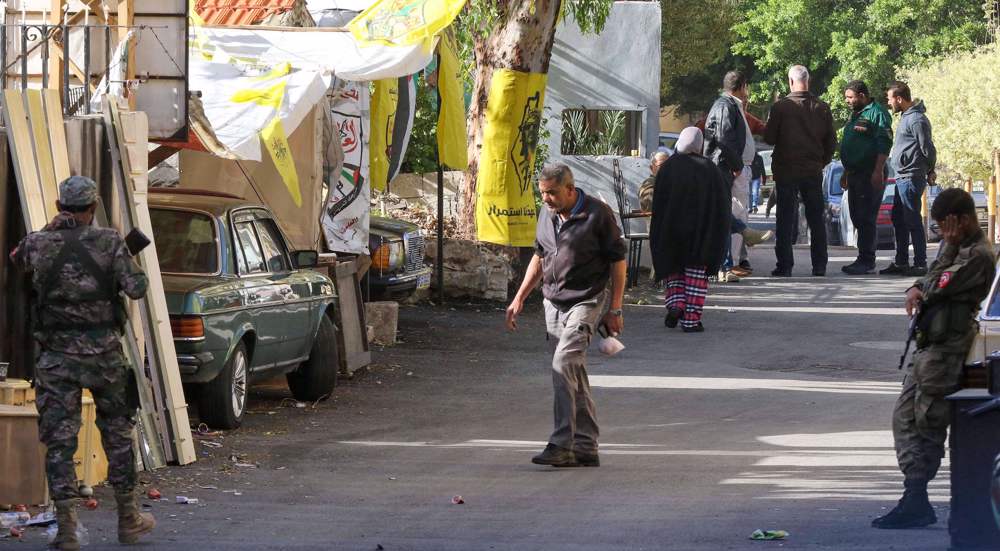
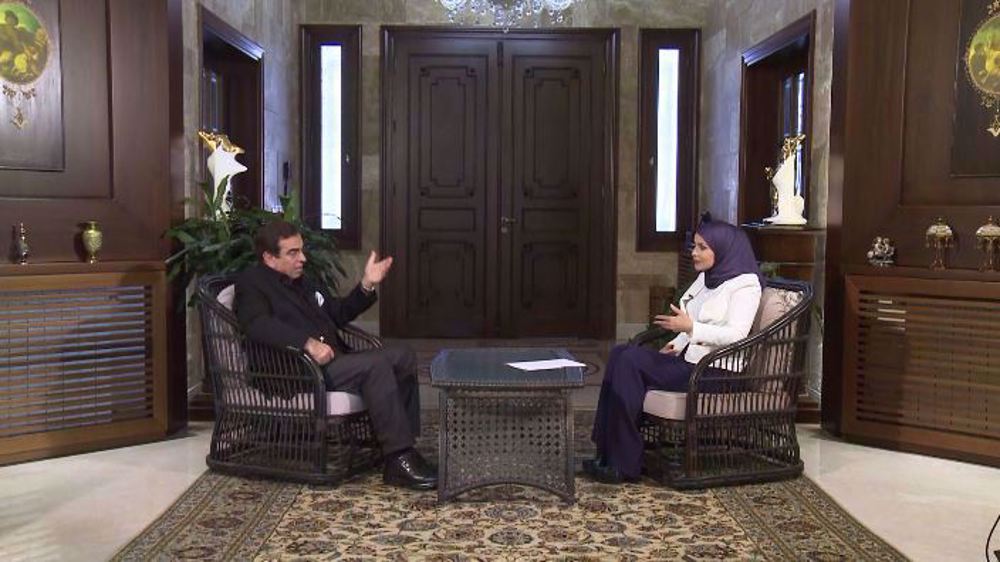
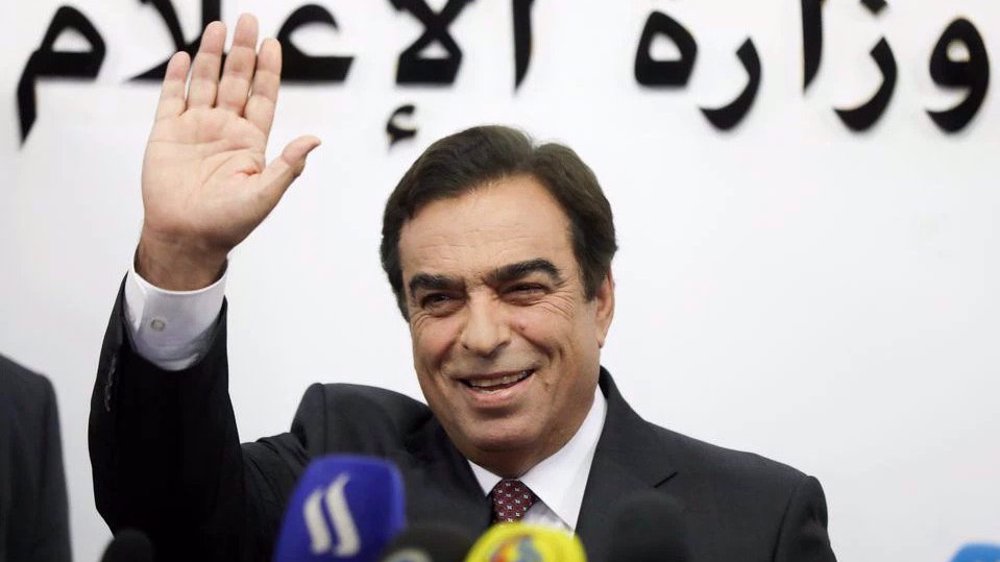

 This makes it easy to access the Press TV website
This makes it easy to access the Press TV website